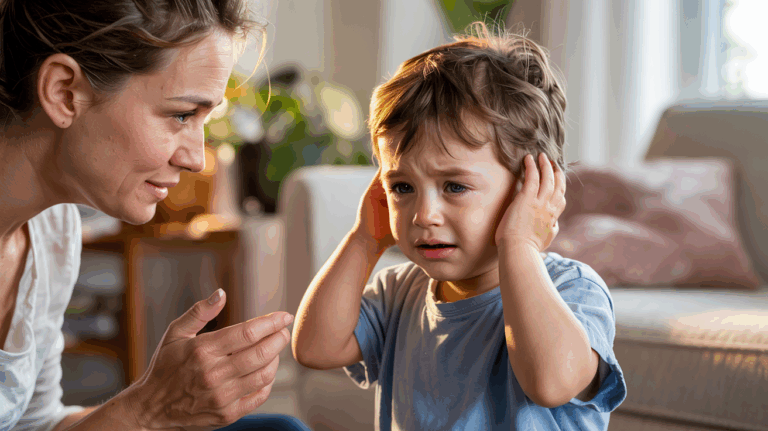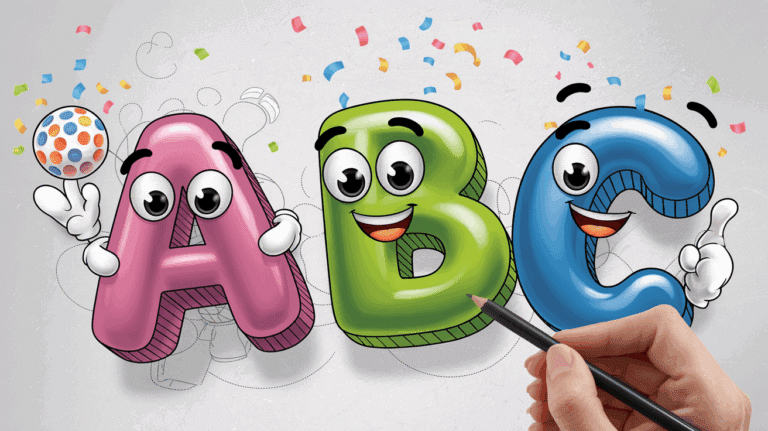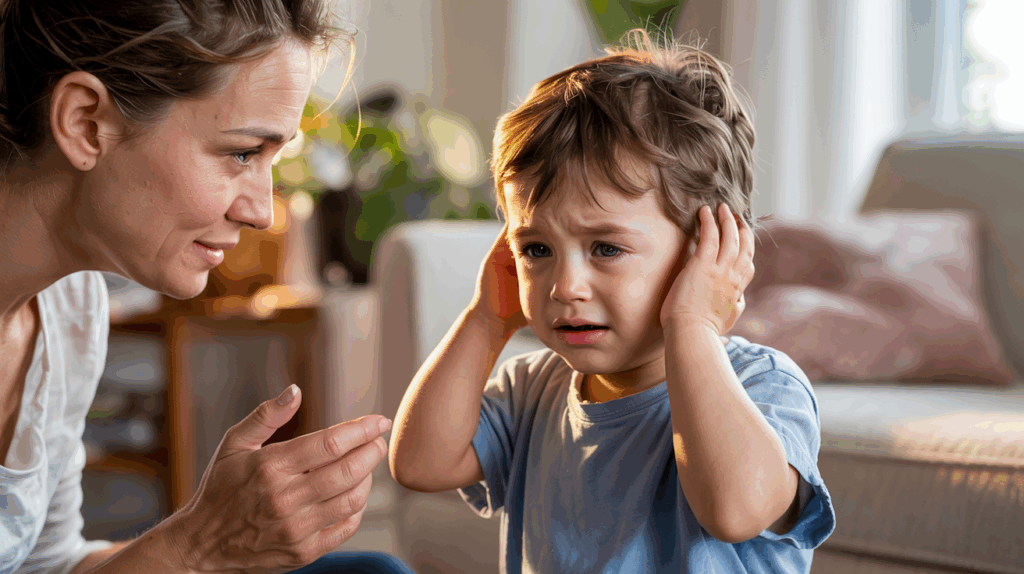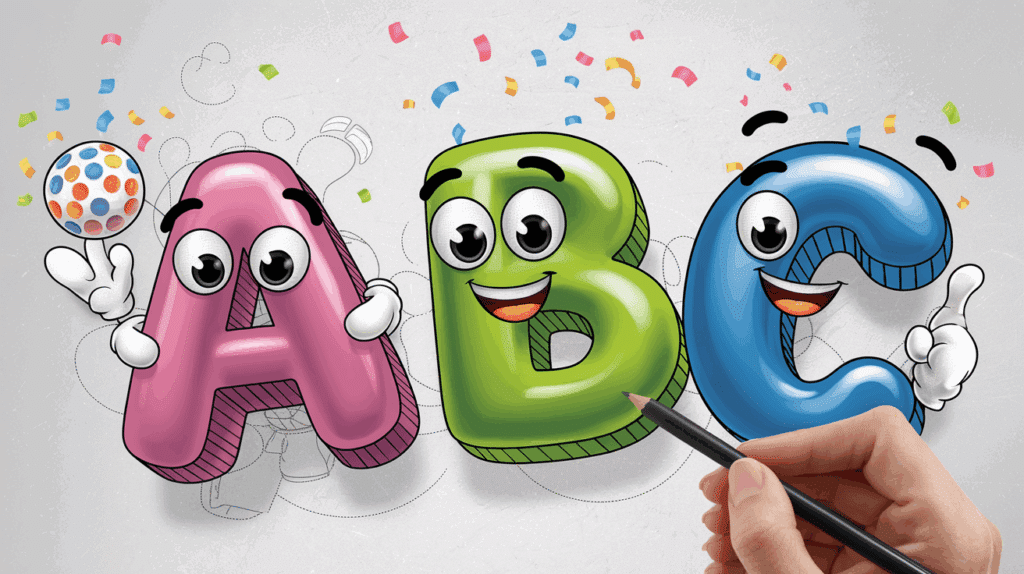When it comes to your kids, you can’t take chances with their health, and there are critical developmental milestones that we need to pay close attention to to ensure they’re reaching their full potential. Their hearing is one aspect that can easily be overlooked but can majorly impact your kid’s social life, education and overall well-being. Therefore, we should be checking for signs of hearing loss and other issues regarding their hearing and speech on a regular basis.
How is hearing loss diagnosed?
Of course it’s not a good idea to diagnose your kids with hearing loss just based on signs found on the internet, so it’s essential to always have them tested by a professional. The tests done to diagnose your kid will depend on their age:
- Some professionals may use a fun Australian online game test called Sound Scouts to test for hearing issues
- Some may test using behavioural observation audiometry (BOA), which may involve simple tests like shaking a rattle near them to observe your kid’s response
- Some tests may use an audiometer (a machine that produces sounds like whistles and beeps) to check the degree of your kid’s hearing loss
- Objective tests, like auditory brainstem response testing, may be performed to measure the electrical activity in your kid’s brain when it responds to a sound
When should you book a hearing test?
As soon as you are concerned about your kid’s hearing or speech, even if they have passed previous hearing tests, you should reach out to your paediatrician or book an appointment with an audiologist or speech therapist. Booking a hearing test will help to identify and address any issues as soon as possible.
Hearing milestones to pay attention to for infants and toddlers
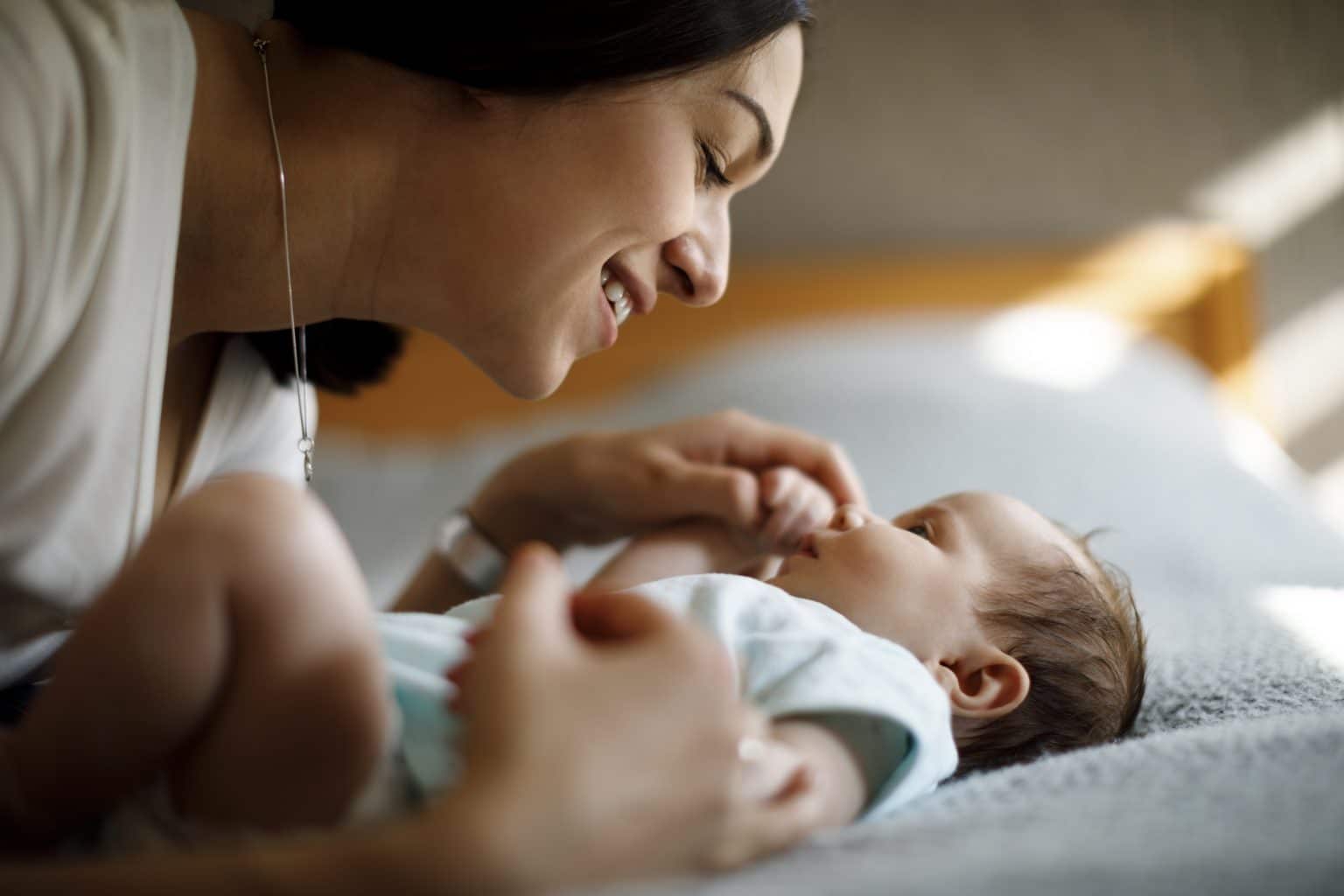
Universal hearing screening is done on newborns to help pick up on issues as soon as possible. However, it’s still possible for your little one to experience hearing loss even if they passed the screening tests at birth, as some genetic or progressive issues do not make themselves known until later on. The sooner you’re able to pick up on hearing issues with your kid, the easier it will be to help them.
Identifying hearing loss in infants and toddlers will require you to pay close attention to their development and check that they are reaching their milestones.
- 3 months old – Your baby should be able to recognise your voice, make cooing noises and startle at loud noises
- 6 months old – They recognise speech sounds and familiar voices, will be laughing, use their own voice to indicate discomfort and pleasure and will start to have speechlike conversations. At this point, they should also turn their head toward sounds they find interesting and entertaining
- 9 months old – Your little one should be able to recognise simple words like “bye-bye”, “Daddy”, “Mommy”, and their own name. At 10 months old, they should be stringing single syllables together to form speech-like sounds
- 12 months old – By the time they turn one, they should be able to say one or more actual, recognisable words
- 18 months old – At this point, your toddler should be able to understand simple phrases and follow certain simple instructions (like fetching familiar objects) without you gesturing. They should also be able to say between 20 and 50 words and short phrases and add new ones to their vocabulary every week
- 2 years old – Your toddler should be able to say between 200 and 300 words and put together simple sentences. At this age, caregivers should be able to understand most of their child’s speech
10 Signs of hearing loss in older kids
Once your kids have developed speech and language skills, it then becomes slightly more difficult to identify hearing loss, as they may have developed certain coping skills to help them compensate for their inability to hear. So, here are some signs to look out for in your older kids for hearing loss:
- They may not respond sometimes, and other times, they hear fine
- They tend to respond with “huh?” or “what?” more frequently
- They move their one ear to face you when listening to you
- They ask for the TV volume to be turned up higher than other family members
- They complain that they can only hear you properly through one ear
- Teachers have noticed that they are not listening well or responding in class
- Their performance in school has dropped
- They seem like they often aren’t paying attention
- They are speaking louder than usual
- They seem to look at you more intently when you are speaking to them, so they can rely on visual cues
Final Thoughts
You can never be too careful about your kid’s safety and well-being. So even if you have a gut feeling that tells you that something is wrong with their hearing, take them to have a hearing test done. This way, if they are experiencing hearing loss, then it can be diagnosed and treated without delay.



